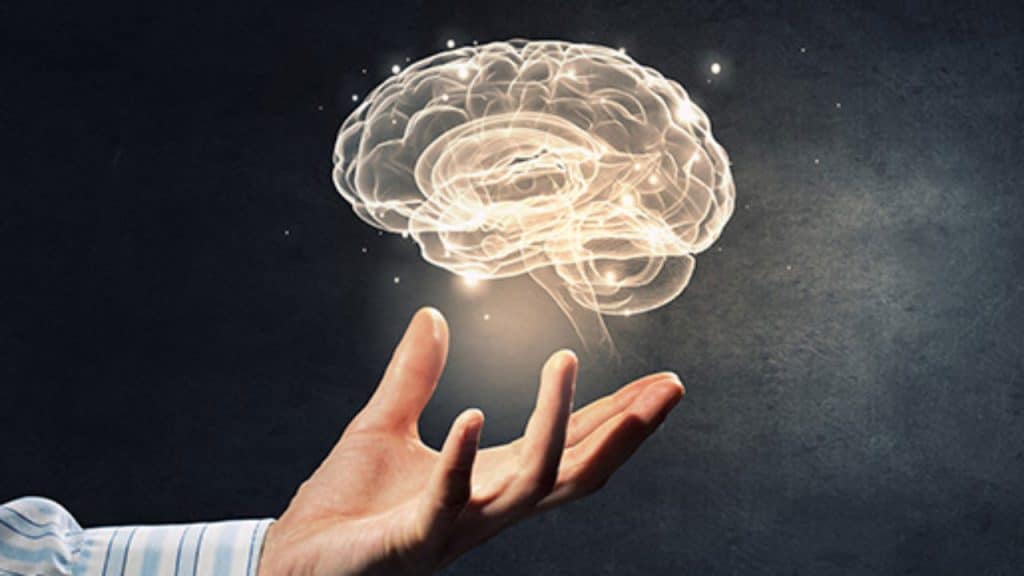We all know that human memory can fade as we age, but did you know that’s not just true for your brain? It’s also true for your cells. Scientists have been trying to figure out how older cells pass on information to newer cells, and why some of it gets lost in the process. Once they understand how it works, they can potentially interfere to change or improve it (https://longevity.technology/news/previously-unknown-cell-mechanism-could-help-counter-aging/).
Every human body is made up of trillions of cells. They don’t last forever. They can, however, produce new cells, mostly through the process of cell division. Every time a “mother” cell divides into multiple “daughter” cells, it copies some of its information, sharing what’s known as its epigenetic memory. Not all the information is passed on successfully. There’s a degenerative aspect to each division.
Epigenetics is about how DNA is affected by genes and environment. Throughout our lives, we pick up all sorts of markers and tags that tell our genes when they should or shouldn’t be active. Cells use these tags like bookmarks to direct them to the right information when deciding how to function. When the cell divides, there needs to be a way to ensure new cells can still access the right tags before functions become eroded.
This is what the newest study has been investigating. What it found was a series of “post-it notes” working on a fast track to ensure that the bookmarks could continue to direct the right information into the right place. It shows how incredibly complicated epigenetics can be and that there are multiple layers of memory signaling in different ways to ensure everything works.
There are lots of implications to this new discovery. A better understanding of epigenetic memory in cells could help us understand aging more broadly, and it has implications for the treatment of cancer. Once we have explored the mechanism in more detail, so we know not just that it exists but the full extent of its functions, we can start to change the information passed to new cells.
Disrupting epigenetic memory would not necessarily just be about stopping natural deterioration. By stopping the information completely, we could theoretically make the cell forget its normal function entirely. Then we could change the cells into a whole new type of cell, which is the aim of regenerative medicine. The implications are staggering.




